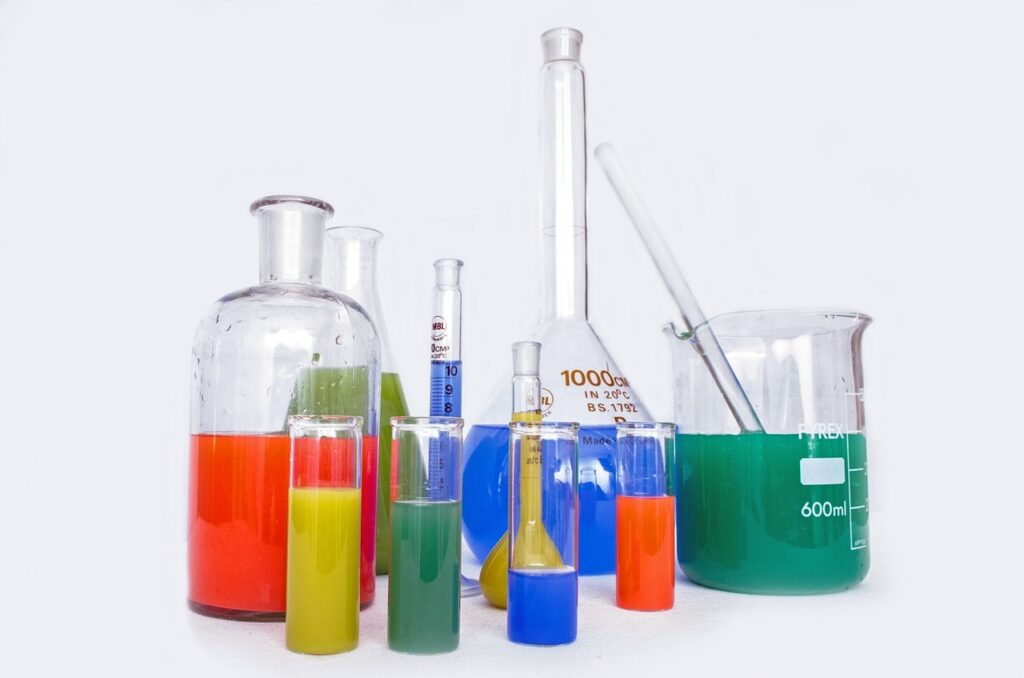The European Union has officially banned Bisphenol A (BPA) in all materials that come into contact with food. This decision, which took effect on January 20, is a major step in reducing exposure to the harmful endocrine disruptor.
BPA Ban Covers a Broad Range of Manufacturing Materials
BPA, widely used in food containers, water bottles, and can linings, has now been prohibited across various industries. The new rules apply to materials such as plastics, glues, rubbers, varnishes, coatings, printing inks, silicone, and ion exchange resins that may contact food.
“Bisphenol A has been classified as a substance of very high concern under the EU’s REACH regulation since 2006 for its reproductive toxicity,” explained Sandra Jen, Head of the Health and Chemicals Programme at the Health and Environment Alliance (HEAL). “In 2017, its endocrine-disrupting effects were formally recognised. BPA is linked to serious health problems, including breast cancer, diabetes, and neurobehavioral disorders.”
The European Food Safety Authority (EFSA) concluded in 2023 that dietary exposure to BPA poses a significant risk to consumers of all ages. This finding reinforced the urgency of stricter regulations.
Advocacy Efforts Push for Broader Restrictions
BPA has already been banned in baby bottles since 2011, but it took over a decade to extend the prohibition to all food-contact materials. Scientists and health advocates have long called for comprehensive action.
“Scientists have raised concerns about BPA for more than a decade,” said Jen. “The European Environment Agency identified these risks over ten years ago, but regulatory progress has been slow.”
Health advocates now urge the EU to extend restrictions on BPA to other consumer products, such as toys, where exposure to the chemical remains a concern. They emphasize the importance of swift follow-up measures to regulate related substances.
This ban is a landmark achievement in limiting harmful chemicals in everyday items. However, experts agree that further action is needed to protect consumers and address the broader impact of bisphenols.


